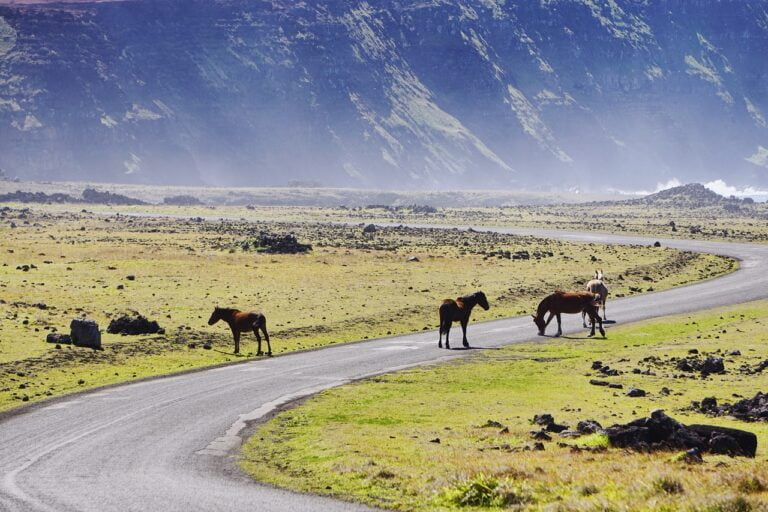Which Country Is Cheaper Australia or New Zealand?
New Zealand consistently emerges as the more affordable option for travelers, with lower accommodation costs, food prices, transportation expenses, and activity fees compared to Australia. Budget-conscious travelers can expect to save around 10-20% on daily expenses in New Zealand. Accommodation options start at $20-30 NZD per night, meals cost between $15-25 NZD, and public transportation fares are relatively low. For those looking to discover the great outdoors, New Zealand offers more affordable options for activities and attractions. As you venture deeper into the countries' pricing structures, the cost benefits of New Zealand become even more apparent.
Accommodation Costs Compared
Exploring the domain of accommodation costs, a crucial aspect of travel planning, reveals a fascinating disparity between countries, with some offering luxurious abodes at a fraction of the cost of others. When comparing Australia and New Zealand, the latter stands out as a more affordable option. On average, a hostel dorm in New Zealand costs around $20-30 NZD per night, while a mid-range hotel room averages $100-150 NZD. In contrast, Australia's prices are substantially higher, with hostel dorms starting at $30-40 AUD per night and mid-range hotel rooms averaging $180-250 AUD. This substantial price difference can greatly impact travel budgets, making New Zealand an attractive option for budget-conscious travelers.
Food Prices in Both Countries
In the culinary territories of Australia and New Zealand, a stark contrast emerges, with the latter boasting a more affordable gastronomic landscape, where a hearty meal at a mid-range restaurant can cost between $15-25 NZD, whereas in Australia, a similar dining experience would set you back around $25-40 AUD. This disparity is also reflected in grocery prices, with staples like milk, bread, and eggs costing substantially less in New Zealand. A liter of milk, for instance, costs around $1.50 NZD in New Zealand, compared to $2.50 AUD in Australia. While dining out in Australia can be a pricey affair, New Zealand offers a more budget-friendly option for foodies, making it an attractive choice for travelers and expats alike.
Transportation Expenses Broken Down
Approximately 15% of an individual's monthly budget in Australia is allocated towards transportation, a substantial expenditure that can be mitigated by adopting alternative modes of transportation or opting for more affordable options. In contrast, New Zealand allocates around 12% of its monthly budget towards transportation, a relatively lower proportion. In terms of fuel prices, Australia's average fuel cost is around AU$1.45 per liter, whereas New Zealand's is around NZ$2.15 per liter. Public transportation fares also vary, with Australia's average monthly pass costing AU$140 and New Zealand's averaging NZ$120. Overall, while both countries have significant transportation expenses, New Zealand appears to be more budget-friendly in this regard.
Activities and Attractions Pricing
How do the prices of activities and attractions in Australia and New Zealand compare, and what can travelers expect to pay for a day at the beach, a visit to a museum, or a thrilling adventure experience? In general, Australia tends to be pricier, with average costs for popular attractions like the Sydney Opera House or Great Barrier Reef snorkeling trips ranging from $50 to $200 per person. In contrast, New Zealand's scenic wonders, such as Milford Sound or Abel Tasman National Park, can be visited for $30 to $100 per person. Museum entry fees are relatively affordable in both countries, typically between $10 and $20. However, adventure activities like bungee jumping or skydiving can set you back $150 to $300 in either country.
Daily Budgets for Each Country
While understanding the costs of individual activities and attractions is important, a more thorough daily budget is necessary to plan a realistic and enjoyable trip to Australia and New Zealand. A daily budget encompasses all expenses, including accommodation, food, transportation, and miscellaneous costs. In Australia, a budget-conscious traveler can expect to spend around AU$100-150 (US$70-100) per day, while mid-range travelers can budget AU$200-300 (US$140-210) per day. In New Zealand, daily budgets range from NZ$80-120 (US$50-80) for budget-conscious travelers to NZ$150-250 (US$90-160) for mid-range travelers. These estimates can vary depending on the time of year, location, and personal spending habits. By establishing a daily budget, travelers can better manage their expenses and make the most of their trip to these incredible countries.

